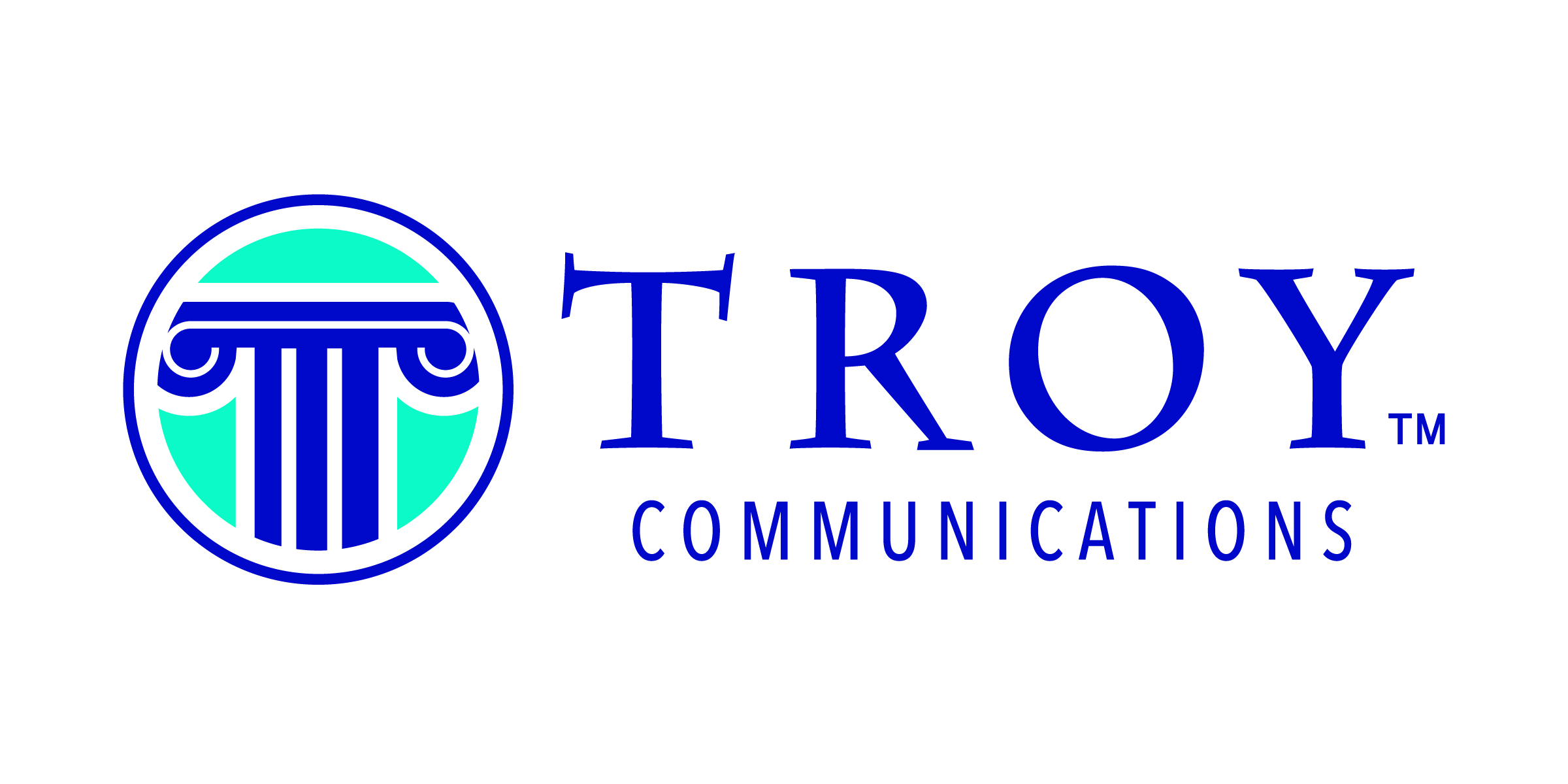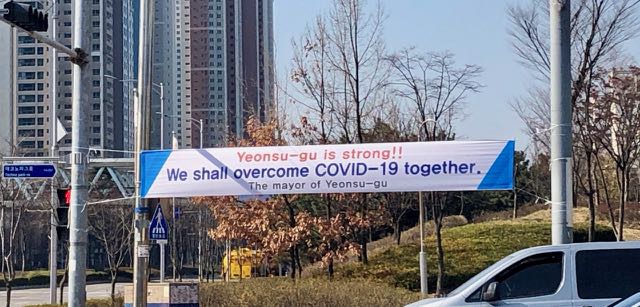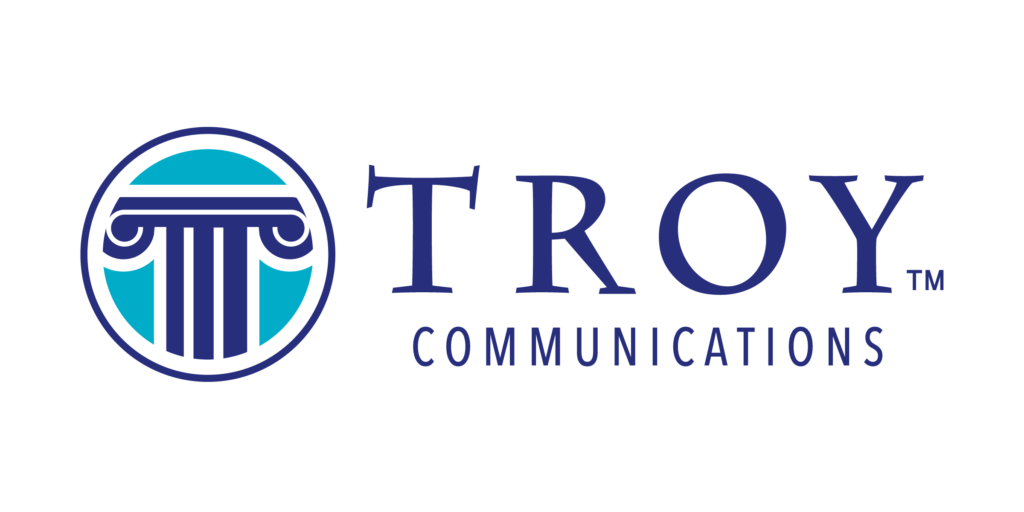This past weekend, I got an emergency notice on my phone from the Korean government officially encouraging “social distancing” for the next two weeks. This seemed odd to me because, at least in the area where I’ve been living, we’ve been practicing social distancing for about a month already.
As I’ve watched the US start to grapple with the COVID-19 outbreak, I’ve been struck by the strong contrast between how the people of the two countries have reacted.
- Korea has experienced a shortage of surgical masks, but nothing else has been hard to get, least of all toilet paper.
- It is social etiquette to wear a face mask in public, not just to protect yourself but to protect those around you.
- Schools have been closed since February, with all instruction delivered online, to protect children and teachers.
We are currently scheduled to return to classrooms after the 2-week social distancing mandate is concluded.
In contrast, the US response has been panicked and chaotic.
I think there are several reasons for this contrast. It is only partially cultural.
Cultural: Korea has a collectivist culture, which means people tend to think of what is best for the group before their own comfort. However, the individualist tendencies of the US encourage people to act in their own interests first. This one point explains the prevalence of wearing face masks. My understanding is that when I wear a mask in public, I let others know I consider their health to be important.
Socio-political: When it comes to following guidelines set forth by the government, Koreans seem to be more willing than Americans. In the past ten years, I’ve seen many Americans become more and more distrustful of anything the government says or does. Additionally, Korea has seen coronavirus outbreaks before by facing both SARS and MERS. However, this is the first outbreak the US has had to endure. It seems Korea has learned from past experience and has taken relatively swift action.
The American reaction hasn’t been all negative. I have loved watching celebrities and entertainers sharing their talents through social media in order to alleviate our isolation. I have been encouraged by the number of educational and entertainment institutions that made their content available for us to continue learning, growing, and living. It has begun to create the sense of community that I so admire in the Korean culture.
The point I remind myself and my colleagues here is that this is temporary. “It came to pass”; it didn’t come to stay. The social distancing is only for a season that, in retrospect, will seem so short – a month or two compared to a lifetime is really nothing. The “introvert motto” really does apply here: Let us unite together … separately!


